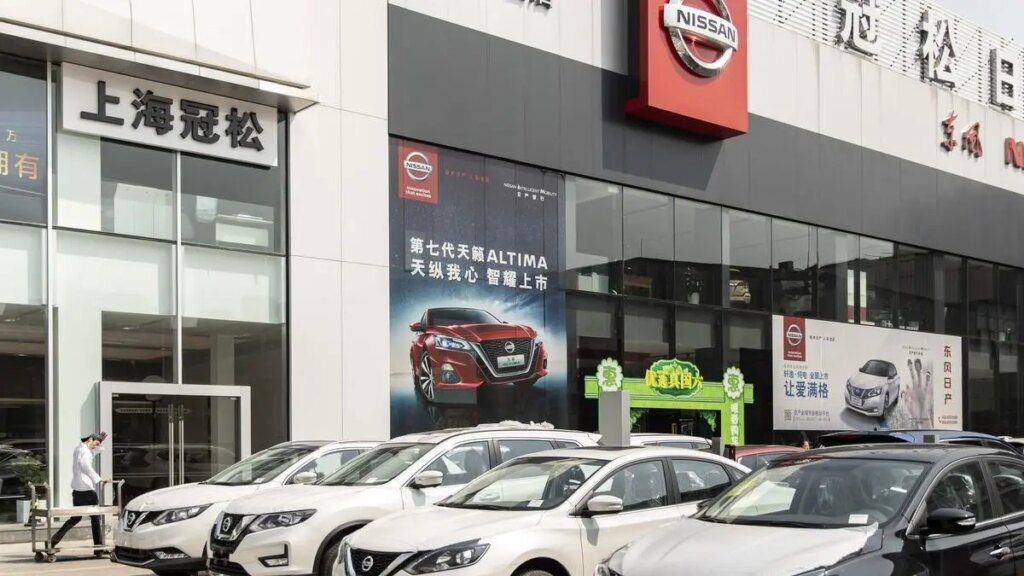
Nissan to end vehicle production at Wuhan plant in China-Yomiuri
Nissan to End Vehicle Production at Wuhan Plant Amid Chinese Market Challenges
Strategic Decision in Response to Market Pressures
In a significant development for the global automotive industry, Nissan Motor has announced plans to cease vehicle production at its Wuhan plant in China. The closure is scheduled for the current business year, ending March 31, 2026, according to a report by the Yomiuri newspaper, citing undisclosed sources.
Key Highlights:
- Plant capacity: 300,000 vehicles annually
- Current utilization: Below 10% of capacity
- Key models affected: Ariya electric vehicle and X-Trail SUV
- Facility status: Leased from Dongfeng Motor since 2022
Market Challenges and Competition
The decision comes as Nissan faces intensifying competition from Chinese automakers in the world’s largest automotive market. The Wuhan facility, which produces the innovative Ariya electric vehicle and the popular X-Trail SUV, has seen its operational efficiency plummet to less than 10% of its total capacity, highlighting the challenging market conditions.
Financial Impact and Future Outlook
The Japanese automotive giant has projected a significant financial impact from these market challenges. Nissan forecasts a record net loss ranging from 700 billion to 750 billion yen (approximately $4.87 billion to $5.22 billion) for the financial year that concluded in March, primarily due to impairment charges.
Partnership Dynamics
The Wuhan facility, which Nissan has been leasing from Dongfeng Motor since 2022, represents a significant chapter in the company’s Chinese operations. While Nissan has declined to comment specifically on the plant’s future, this development signals a potential shift in the company’s manufacturing strategy in China.
Industry Implications
This strategic move by Nissan reflects broader challenges facing international automakers in China’s increasingly competitive market. The decision to end production at the Wuhan plant could indicate a larger trend of manufacturing realignment by global automotive companies in response to changing market dynamics and increasing local competition.
Looking Forward
As Nissan navigates these challenging market conditions, the company’s decision to restructure its Chinese operations could serve as a blueprint for other international automakers facing similar pressures in the region. The automotive industry continues to evolve rapidly, particularly in the electric vehicle segment, where Chinese manufacturers have gained significant market share.
Market Impact Analysis:
- Restructuring of international automotive operations in China
- Shift in manufacturing strategies
- Response to competitive pressures from local manufacturers
- Implications for global automotive supply chains






